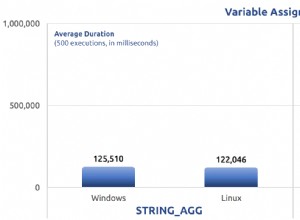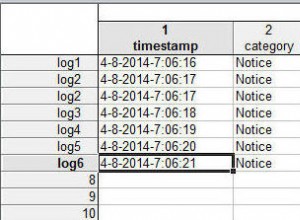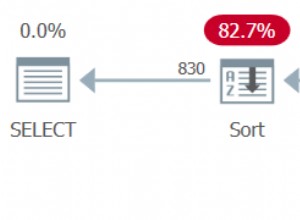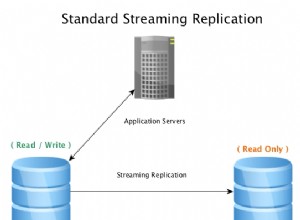W PHP używam tego kodu do odkomentowania SQL:
$sqlComments = '@(([\'"`]).*?[^\\\]\2)|((?:\#|--).*?$|/\*(?:[^/*]|/(?!\*)|\*(?!/)|(?R))*\*\/)\s*|(?<=;)\example@sqldat.com';
/* Commented version
$sqlComments = '@
(([\'"`]).*?[^\\\]\2) # $1 : Skip single & double quoted + backticked expressions
|( # $3 : Match comments
(?:\#|--).*?$ # - Single line comments
| # - Multi line (nested) comments
/\* # . comment open marker
(?: [^/*] # . non comment-marker characters
|/(?!\*) # . ! not a comment open
|\*(?!/) # . ! not a comment close
|(?R) # . recursive case
)* # . repeat eventually
\*\/ # . comment close marker
)\s* # Trim after comments
|(?<=;)\s+ # Trim after semi-colon
@msx';
*/
$uncommentedSQL = trim( preg_replace( $sqlComments, '$1', $sql ) );
preg_match_all( $sqlComments, $sql, $comments );
$extractedComments = array_filter( $comments[ 3 ] );
var_dump( $uncommentedSQL, $extractedComments );




